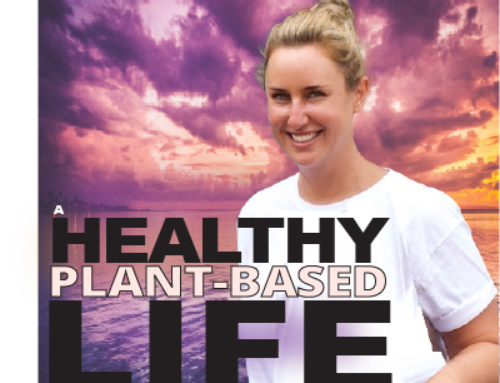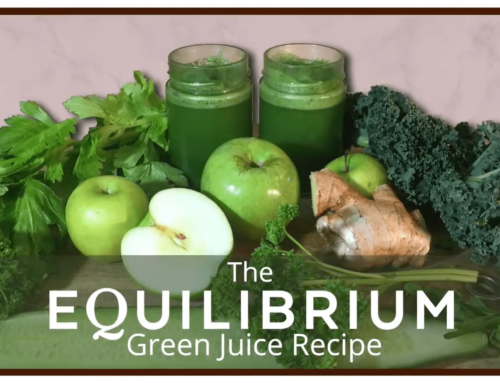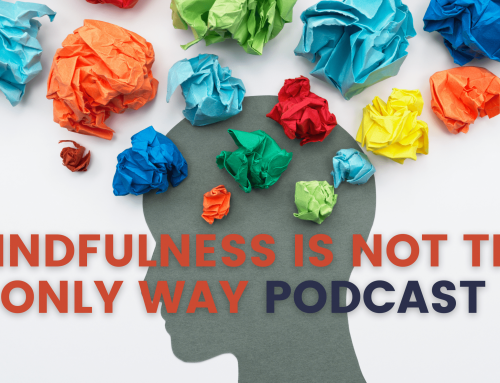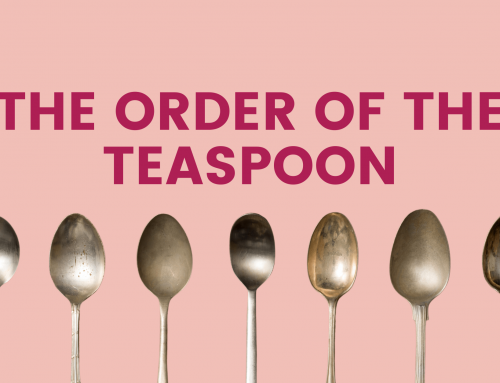Don't Eat That! Or Do ... Food Myths Debunked
Freelance contribution by Jane Sandwood
Myth 1: Milk is a Vital Part of a Daily Diet
For those who love to drink up a tall glass of milk to boost their calcium intake and all the other benefits associated with dairy, this might be a blow. Milk was long considered one of the staple foods in western diets but recent studies have shown that it doesn’t have the positive effect we thought it does. With 300 mg of calcium per cup, it’s disheartening to learn that humans hardly absorb any of it. This is further affected by pasteurisation which strips milk of more than just bacteria. But the heavy milk blow is that milk has an adverse effect on the calcium retention in the bones.
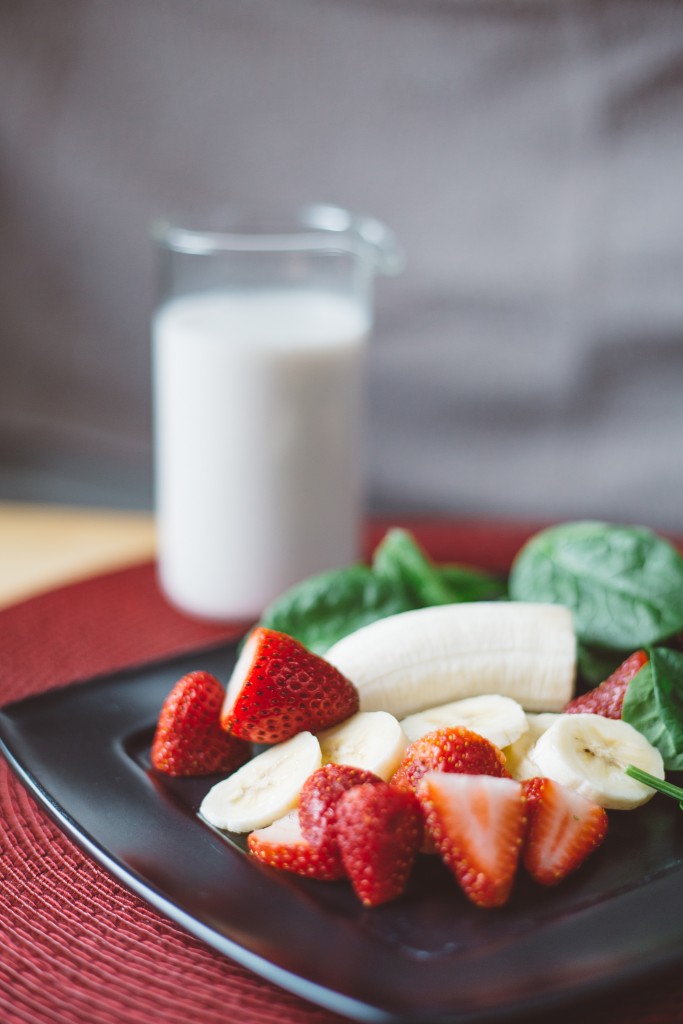
Some processed items such as supplements are a necessity thanks to modern farming practices, pollution, and overdevelopment. Due to the lack of quality soil, it is very unlikely for consumers to get in all they need to remain at optimum nutrition. Supplements fill an essential gap that food can no longer meet. This is especially true for those who struggle with their intake of iron and the B and D vitamins.
This may come as a surprise to those who find the natural alternatives more appealing. There are some processed items that really make a difference to everyday nutrition even though they’re created in a lab. For instance, those who don’t have any allergic reaction to mushrooms will find mycoprotein a great alternative to meats, lentils, and beans. Originally developed to fight hunger in countries where farmland is scarce, this food source tends to be quite delicious as well and is a favourite among vegans and meat eaters alike.
Myth 3: Only Animal Products Provide Sufficient Iodine
Before jumping back on the meat, milk, and eggs bandwagon, it’s prudent to do some research first. Milk was thought to be one of the main sources of iodine for a number of years. Turns out, there are a number of food sources that provide an adequate source of iodine such as shellfish, Himalayan salt, iodine-enriched table salt, strawberries, and more. Consumers are also cautioned to keep an eye on their iodine intake. Although it’s a necessary component in our daily diet, some consumers have an adverse reaction to it. It’s also possible to take in too much iodine which can be dangerous.
Those who wish to get the most out of their nutrition should look at alternatives such as grains, fruits, and vegetables which are often overlooked in a meat-and-dairy-heavy diet. Including more plant-based items into meal choices, will increase the nutritional value as many of these items cover quite a few bases.
About Jane Sandwood

Sign up now to receive regular ideas to help you live your life optimally.
“There’s nothing you can’t do if you get the habits right.”
- Charles Duhigg


